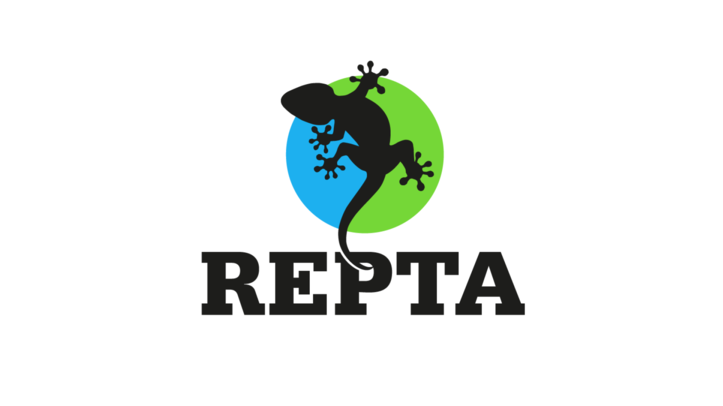Reptile keeping trade association REPTA has issued a new update of its Deleterious Genes Policy and has received official endorsements from a number of important organisations.
The policy document includes a list of selectively-bred animals with unique appearances, known as morphs, that are prohibited for sale, breeding, or acquisition by REPTA members. Selective breeding and can produce morphs with colours, patterns or structural differences that many keepers find attractive, but some morphs are associated with serious health issues and compromised welfare, such as neurological and metabolic issues, and curtailed lifespans.
REPTA maintains that knowingly producing animals with harmful genetic traits is not consistent with responsible or ethical reptile keeping, and that self-regulation is essential if the sector is to maintain public trust and avoid external legislative restrictions. The organisation therefore calls on its members not to breed, sell, or purchase any morphs or combinations known to cause significant welfare issues both in specialist pet centres and through commercial breeding, and urges breeders and sellers to take proactive steps to educate buyers about the risks associated with certain morph combinations.
The latest policy update has received official co-badging endorsement from the British Veterinary Zoological Society (BVZS), the Companion Animal Sector Council (CASC) and UK Animal Care Technicians (UKACT), as well as related organisations Responsible Reptile Keeping, The Federation of British Herpetologists, The International Herpetological Society and British Herpetological Society.
This list will be reviewed every six months.



